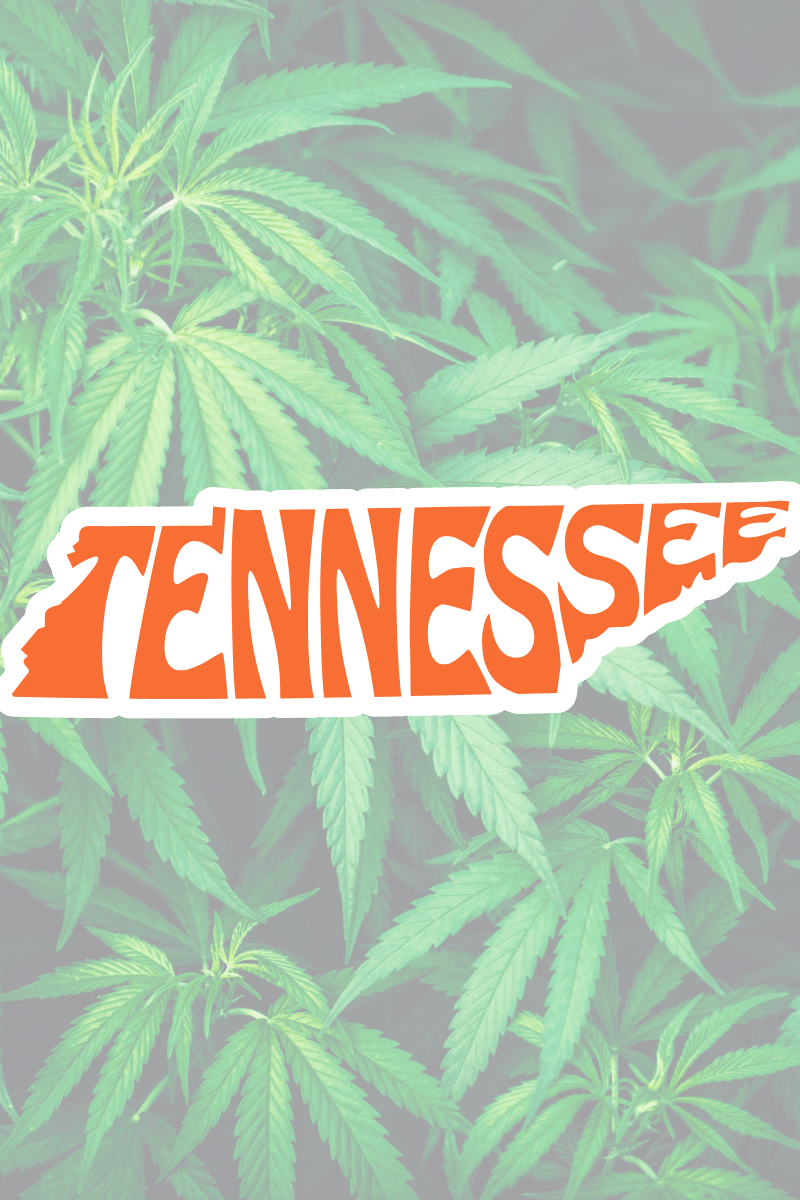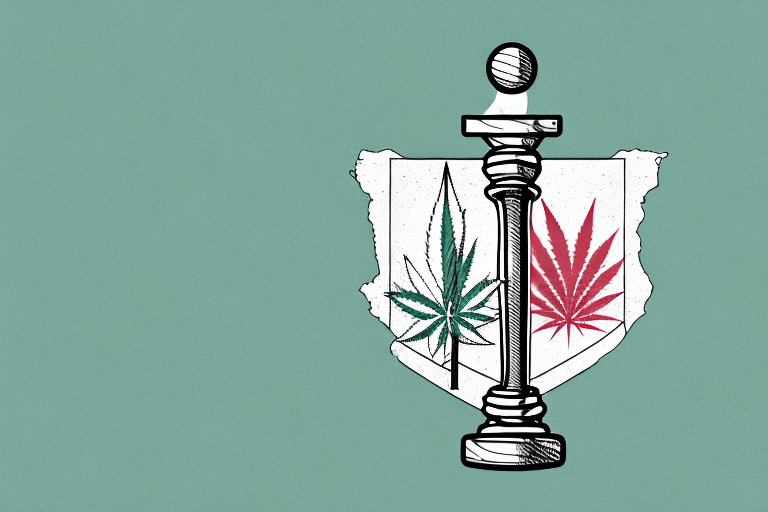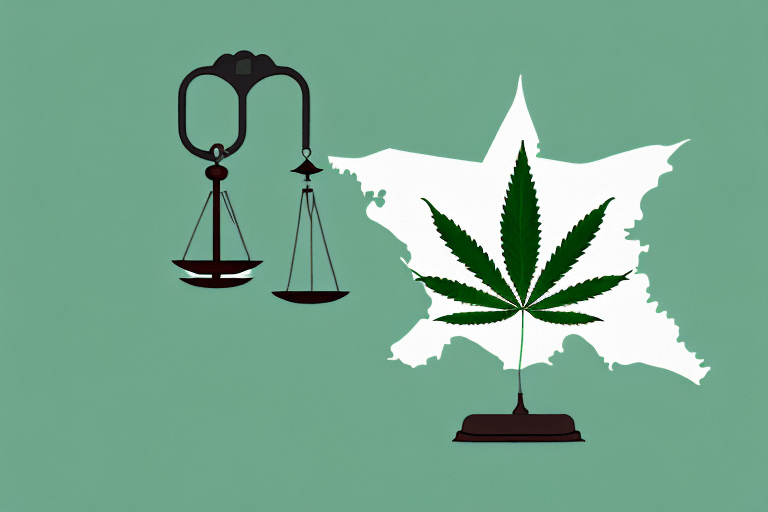In recent years, the popularity of Delta 8 THC, a unique cannabinoid derived from hemp, has soared.
Many individuals have turned to Delta 8 as an alternative to traditional THC, seeking its reported milder effects and potential therapeutic benefits. However, as with any cannabis-related product, legality is a crucial concern for consumers.
In this article, we will explore the legal landscape surrounding Delta 8 in Tennessee.
Table of Contents
Understanding Delta 8
Before we get into the legal complexities, it is essential to have a basic understanding of what Delta 8 is.
Similar to Delta 9 THC, the primary psychoactive cannabinoid in marijuana, Delta 8 THC also possesses psychoactive properties.
However, it is worth noting that the effects of Delta 8 are generally considered to be milder and less potent than those associated with Delta 9 THC.
What is Delta 8?
Delta 8 THC is a minor cannabinoid found in hemp plants. It occurs naturally in very low quantities. This compound is an isomer of Delta 9 THC, meaning they contain the same atoms but have different structural arrangements.
Let's get nerdy here for just a moment: When consumed, Delta 8 THC interacts with the body's endocannabinoid system, specifically the CB1 receptors in the brain and nervous system. This interaction leads to the psychoactive effects commonly associated with THC consumption, such as euphoria, relaxation, and altered perception.
Federal Laws Regarding Delta 8
At the federal level, the legality of Delta 8 is clear due to the wording of the 2018 Farm Bill. This legislation legalized hemp and its derivatives, as long as they contain less than 0.3% Delta 9 THC on a dry weight basis. The Farm Bill does not explicitly mention Delta 8 THC, but since it is hemp-derived and does have less than .3% Delta 9 THC, it's legal.
State-by-State Delta 8 Regulations
While federal law sets a baseline, individual states have the authority to enact their own regulations regarding hemp products, including Delta 8. It is crucial to understand the specific laws and regulations of the state in question before consuming or selling Delta 8 products.
Now, let's explore the legal context specific to Tennessee.
The Legal Context in Tennessee
Tennessee is one of the states that has addressed the legality of Delta 8 THC explicitly. In September 2020, the Tennessee Department of Agriculture issued a statement clarifying that Delta 8 THC derived from hemp is considered legal in the state, as long as it meets certain criteria.
According to the Tennessee Department of Agriculture, Delta 8 THC products must be derived from hemp cultivated under a state or tribal hemp program authorized by the 2018 Farm Bill. Additionally, the products must contain less than 0.3% Delta 9 THC on a dry weight basis.
It is important to note that these regulations apply to Delta 8 THC products intended for human consumption. The Tennessee Department of Agriculture has also issued guidelines for the labeling and testing of Delta 8 THC products to ensure consumer safety.
While Delta 8 THC is legal in Tennessee, it is always advisable to stay updated on any changes in the law and to purchase products from reputable sources that comply with all applicable regulations.
The Future of Delta 8 in Tennessee
The legal status of Delta 8 THC is a topic of ongoing debate and discussion. While Delta 8 is currently illegal for recreational use in Tennessee, it is important to note that legislation can evolve and change over time.
Potential Changes in Legislation
As public perception and understanding of cannabinoids like Delta 8 continue to develop, lawmakers may revisit and revise existing legislation. This could result in changes to the legal status of Delta 8 in Tennessee, potentially allowing for regulated use in the future. Keeping abreast of any updates or proposed changes to the law is essential for those interested in the topic.
Navigating Delta 8 Use in Tennessee
For individuals residing in Tennessee who wish to explore the potential benefits of Delta 8 THC, it is crucial to approach its use responsibly and safely. This includes understanding the legal landscape, sourcing products from reputable vendors, and considering any potential health implications.
Safe and Legal Use of Delta 8
Individuals in Tennessee should prioritize their safety by adhering to the laws and regulations surrounding Delta 8 THC. It is essential to purchase products from manufacturers that provide third-party lab reports, ensuring transparency and product quality.
Conclusion
In conclusion, the legal status of Delta 8 THC in the United States is a complex and evolving issue. While federal law remains ambiguous, individual states have the authority to regulate Delta 8 THC products.
It is crucial to stay informed about the specific laws and regulations of your state before consuming or selling Delta 8 products.
In Tennessee, Delta 8 THC derived from hemp is considered legal, provided it meets certain criteria. As the legal landscape continues to develop, it is important for consumers and businesses to navigate this space with caution and compliance.
Discover High-Quality Delta 8 Products at GreenPost
Now that you're informed about the legal landscape of Delta 8 in Tennessee, you may be interested in exploring quality Delta 8 products. Look no further than GreenPost. We pride ourselves on offering top-notch Delta 8 gummies, oils, flower and more, all sourced from high-quality hemp. Our products undergo stringent testing to ensure purity and potency.





Leave a comment
This site is protected by hCaptcha and the hCaptcha Privacy Policy and Terms of Service apply.